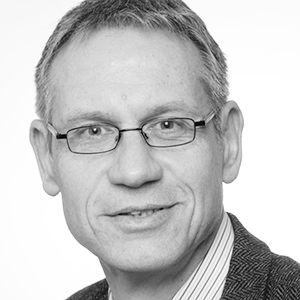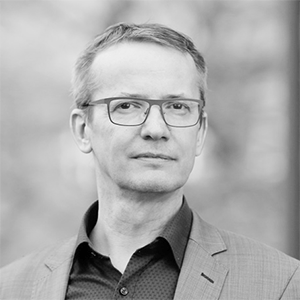
18 May 2022 – Holland College
Can we influence behavioural change?
Keynote: Florian Kaiser
Panel: Ángela Inés Cadena, Fekadu Beyene Aleka and Siegfried Dewitte
Keeping climate change within acceptable boundaries will be close to impossible without changing human behavior. The cleanest energy is that which is not consumed. The traditional leverages to change behavior mostly rely on legal and economic principles, backed up with information, but these approaches have their limits, because of behavioral peculiarities that do not fit well with the assumptions underlying these traditional instruments. This calls for more direct behavioral interventions as complementary strategies to change relevant behavior. Behavioral changes that have the capacity to add to the solution (more rational energy use, cleaner transport choices, less impactful diet choices etc.) receive a lot of attention in the behavioral sciences but their implementation faces serious challenges. Human behavior is very complicated and multidetermined, which makes it very hard to direct in desirable directions. One problem that we face is the lack of robust interventions that reliably work in different situations and for different people and that lead to sustained changes.
Still, some interventions are promising. One promising intervention element is the principle of monitoring, the observation that keeping track of relevant parameters exerts a motivating function in itself. A second principle with wide support is the power of social norms and feedback. Humans are very sensitive to what their peers are doing and thinking so facilitating this process can help substantially in steering people’s behavior. A third robust principle seems to be that people are more motivate by the present and the ‘here’ than by the future and what happens at a distance, a characteristic that is especially problematic in the case of climate change because much seems to play in the future and at a distance. Making the climate change more tangible in the here and now is therefore a very important step to motivate people to affect their behavior.
During this public LIAS evening, Professor Florian Kaiser (Universität Magdeburg, Germany) will elaborate on the complex issue of behavioral change. LIAS fellows Ángela Inés Cadena (Universidad de los Andes (Uniandes), Colombia) and Fekadu Beyene Aleka (Ethiopia) will respond. Afterwards Siegfried Dewitte (KU Leuven) will moderate the public discussion.

The intention is to gather scientific insights about major societal challenges in LIAS on the basis of international and interdisciplinary consultation.
Luc Sels
Rector KU Leuven and Co-Chair LIAS Foundation
Contact
- Pater Damiaanplein 9
- BE-3000 LEUVEN
- Contact
- +32 16 32 38 29

